Last week, I flew across the Pacific and North America to attend a short meeting on floral evolution at the Oak Spring Garden Foundation in Upperville, Virginia. Although I spent as much time on the planes as in the meeting, this was well worth the very long trip!
The Oak Spring Garden Foundation (OGSF) was established to perpetuate the passions and legacy of Rachel Lambert Mellon, a very wealthy woman who spent her life growing plants in her garden and estate and researching the history of gardening and landscape. Sir Peter Crane, former Director of the Royal Botanic Gardens, Kew, and a World leader in research on plant evolution, was recently (2016) named President of the Foundation. Based at the main residence of the Mellons in the countryside of upstate Virginia, on the foothills of the Appalachians (ca. one-hour drive from Washington, D.C.), the Foundation is currently investing heavily on restoration and renovations of the estate, which is progressively being set as an ideal venue for small conferences, workshops, and retreats.
The Oak Spring Garden Foundation (OGSF) was established to perpetuate the passions and legacy of Rachel Lambert Mellon, a very wealthy woman who spent her life growing plants in her garden and estate and researching the history of gardening and landscape. Sir Peter Crane, former Director of the Royal Botanic Gardens, Kew, and a World leader in research on plant evolution, was recently (2016) named President of the Foundation. Based at the main residence of the Mellons in the countryside of upstate Virginia, on the foothills of the Appalachians (ca. one-hour drive from Washington, D.C.), the Foundation is currently investing heavily on restoration and renovations of the estate, which is progressively being set as an ideal venue for small conferences, workshops, and retreats.
The aim of the Foundation under Peter Crane’s leadership is to become a new center of stimulation of all things botanical, from fundamental research in plant evolution and conservation to historical landscaping and gardening, similar to the role that NESCent (Durham) and NCEAS (Santa Barbara) have played in general evolution and ecology, respectively. The Oak Spring Garden Foundation will soon start funding various actions on a grant call basis, including on-site and off-site workshops and training actions as well as a small number of PhD and postdoc fellowships.
The workshop on floral evolution was organized by Adam Roddy, a postdoc at the Yale School of Forestry and Environmental Studies. The aim was to foster cross-disciplinary discussions on the topic of floral evolution. The choice of participants drew from all ends of the spectrum of floral evolution, from paleobotany and macroevolution to pollination biology, the population genetics of sex, and floral physiology. The twelve invited participants came mostly from the U.S., but also Austria, the U.K., and Australia (myself). The small group size and friendly atmosphere were ideally suited for quality interactions among all the participants. All expenses were kindly supported by the Foundation and the quality of organization and service was outstanding, in addition to the exceptional setting of the location. This was definitely a fascinating and very enjoyable meeting and I already look forward to come back to Oak Spring!
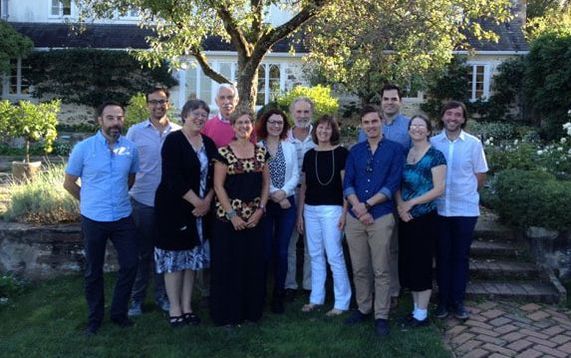
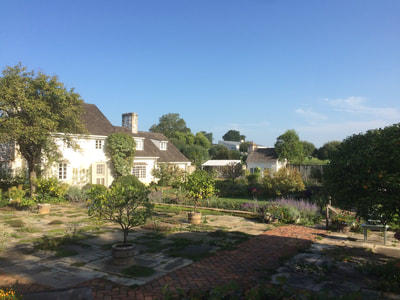
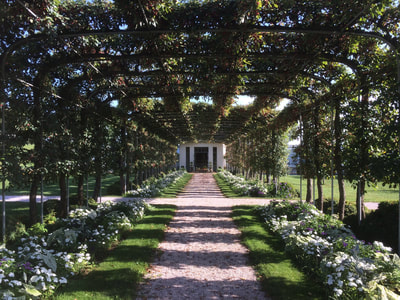
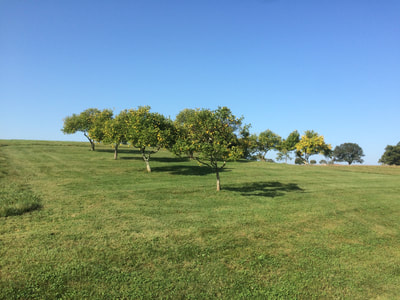
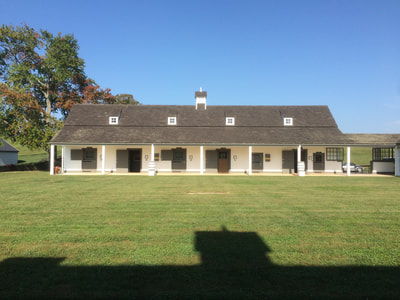
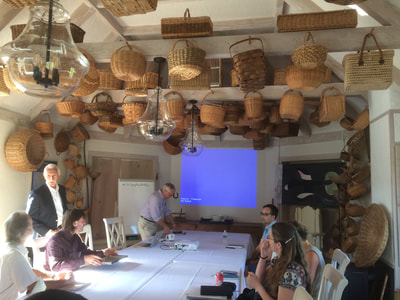
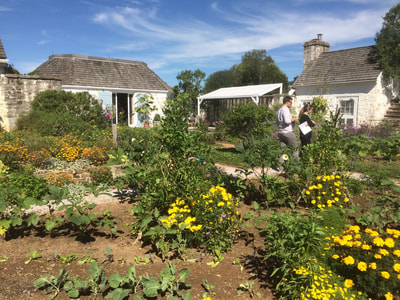
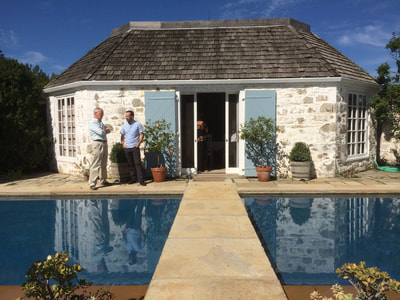
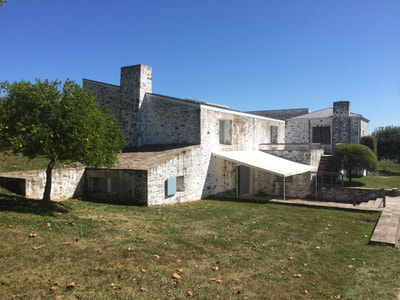
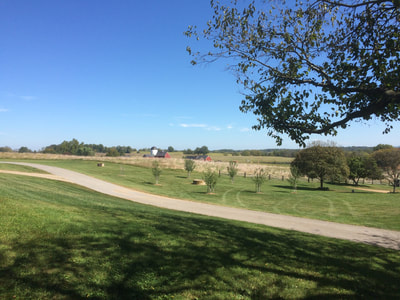
 RSS Feed
RSS Feed
